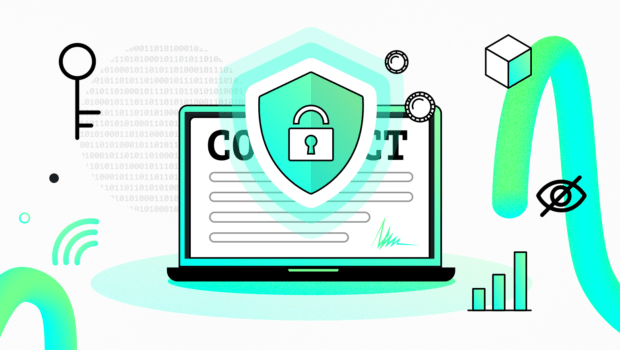Web3 security audit is a critical process in the development and deployment of decentralized applications (dApps) and blockchain-based projects that operate within the Web3 ecosystem. The benefits of conducting a thorough security audit in the context of Web3 are manifold and extend across various dimensions.

Key benefits
Firstly, one of the primary advantages of Web3 Security Audit is the identification and mitigation of potential vulnerabilities. Given the decentralized and trustless nature of Web3 applications, security is paramount. Security audits help uncover vulnerabilities in smart contracts, consensus mechanisms, and other components of decentralized systems, reducing the risk of exploitation by malicious actors. This proactive approach safeguards user funds, data, and overall system integrity.
Moreover, a Web3 security audit enhances the reliability and credibility of decentralized platforms. By subjecting the codebase to rigorous scrutiny, developers can instill confidence in users, investors, and stakeholders. A secure and audited Web3 project is more likely to attract adoption and investment, fostering a positive reputation within the blockchain community and beyond.
In addition to bolstering security, a Web3 security audit also aids in ensuring compliance with industry standards and best practices. With the rapidly evolving regulatory landscape surrounding blockchain and cryptocurrencies, adhering to legal requirements becomes crucial. Security audits help identify areas where a project might fall short of compliance and allows developers to implement necessary changes to meet regulatory expectations.
Furthermore, the audit process serves as an educational tool for developers and project teams. Through the detailed examination of code and system architecture, audits provide valuable insights into potential improvements and optimizations. Developers can gain a deeper understanding of security best practices, which contributes to the overall maturation of the Web3 ecosystem.
Interoperability is another aspect where a security audit plays a pivotal role. As Web3 applications often interact with various protocols and platforms, ensuring seamless interoperability is essential. Security audits help identify compatibility issues, ensuring that the decentralized application can function effectively within the broader Web3 environment.
Beyond these technical aspects, a Web3 security audit can have financial implications. Identifying and rectifying security vulnerabilities early in the development process can prevent costly security breaches and potential legal consequences. Additionally, a secure and audited project is more likely to attract investment, as investors are more inclined to support projects that prioritize security and risk mitigation.
In conclusion, the benefits of a Web3 security audit are multifaceted. From fortifying the security posture of decentralized applications to enhancing credibility, ensuring regulatory compliance, and fostering interoperability, the audit process is integral to the success and sustainability of Web3 projects. It is an investment in the long-term viability of decentralized systems, contributing to the overall growth and resilience of the Web3 ecosystem.








